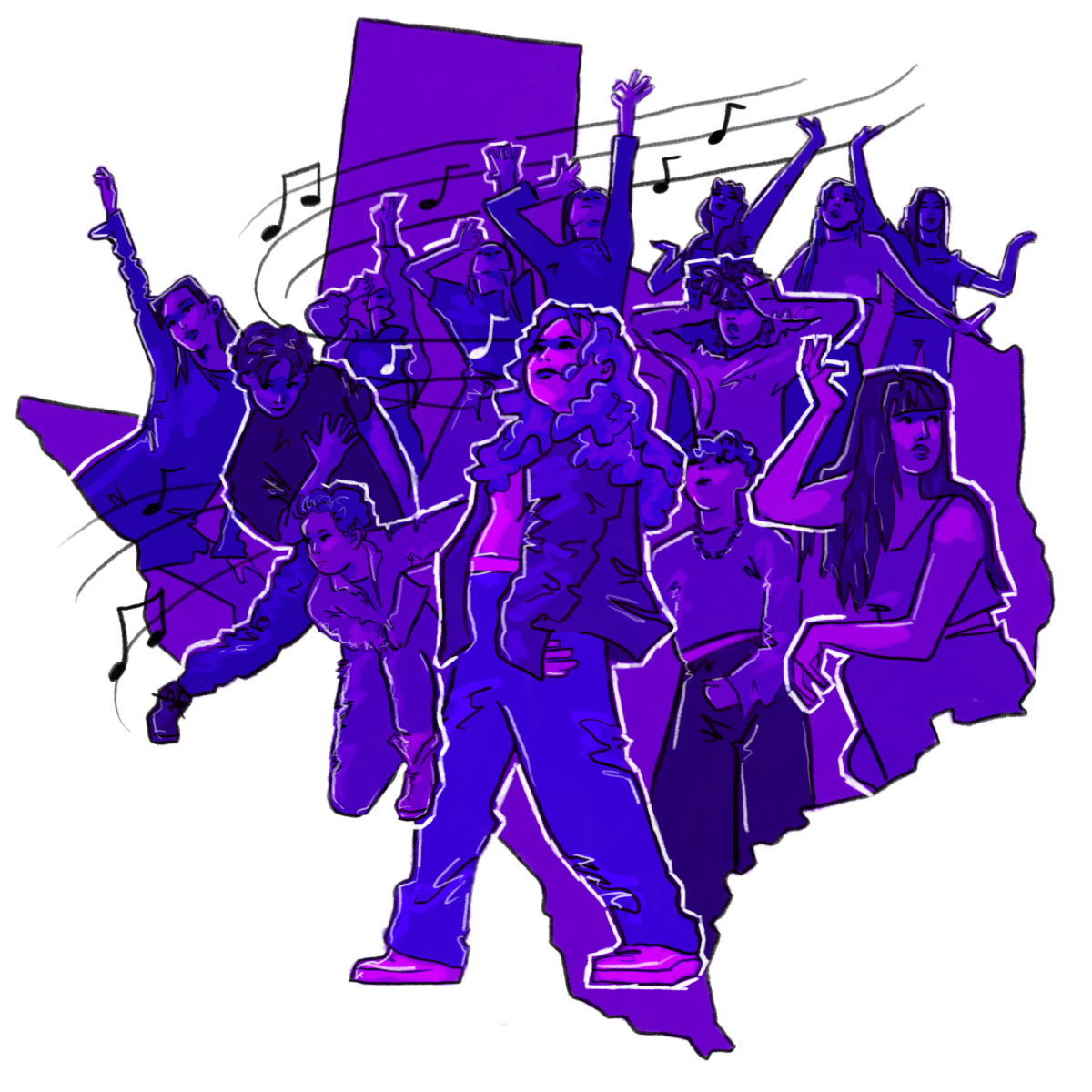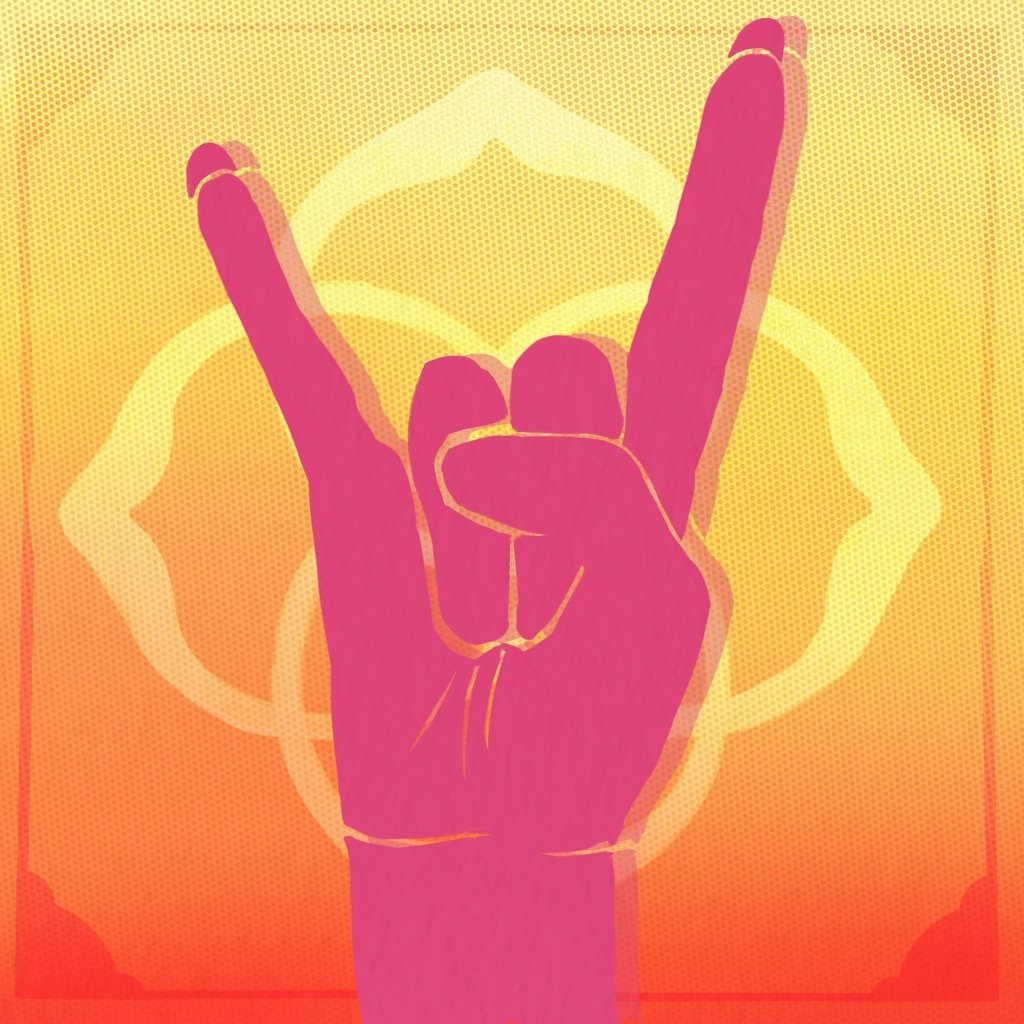The post-holiday funk is real, and Art Markman knows how to help students avoid it.
Between teaching psychology and marketing and hosting and producing his KUT podcast, “Two Guys on Your Head,” Markman has authored several books and blogs about cognitive science, organization and decision-making. Markman recently spoke with The Daily Texan to give students tips on how to prevent burnout by starting their spring semester off strong.
The Daily Texan: What is the number one thing students can do to start school off on the right foot?
Art Markman: Over the break, it’s easy to shed the habit of doing a little bit of work every day, and a lot of times, classes are like a freight train. They take a while to speed up. Once they get rolling, they’re rolling. Create small habits to get on top of the workload early. Be focused on specific things you can do that will get you back into the flow because when you do small things, you gain a sense of accomplishment. It gives you the confidence that everything’s going to be okay.
DT: If a student feels like everything is not going to be okay, what should they do?
AM: If you’re having trouble getting into the semester, be willing to talk about that with somebody. A lot of times, we look around and think, “I’m the only one going through this. Everybody else seems to have it together.” What you discover when you start talking with people is that they are going through the same thing or maybe they went through it in the past, and they can share some of their experiences.
DT: How can students get their brains into a school mindset?
AM: We often get less physical activity at the beginning of the spring semester because it is still winter. Our bodies are not designed to sit around, so when we don’t engage in regular physical activity, we’re not putting ourselves in a situation where our minds are going to work effectively. Exercise is a great way to get out of the funk.
DT: If you’re too tired or unable to exercise, what is an alternative?
AM: Pay attention to your sleep schedule. One of the easiest ways to burn yourself out is to start sleeping a bunch of six-hour nights when you really need eight hours. Sleep promotes learning. You learn while you’re studying or practicing something, and then you learn more when you sleep. It’s what’s called the consolidation of memories. Sleep also helps with emotion regulation, so it is harder to be resilient against problems when you don’t get enough sleep.
DT: How can students who start the semester off strong avoid burnout?
AM: Life is a marathon, not a sprint. There’s a tendency for us to focus on things as if we’re just going to sprint, and you can’t survive like that. One of the things (my partner, Bob Duke) said on (our podcast) periodically is that a high GPA is a sign of a fertile mind. A very high GPA is a sign of misplaced priorities. There’s more to your college career than just doing everything to perfection. It’s important to take advantage of all of those opportunities outside the classroom. When you do that, you don’t feel like every day involves waking up to a slog of homework assignments and readings you don’t care much about.





















